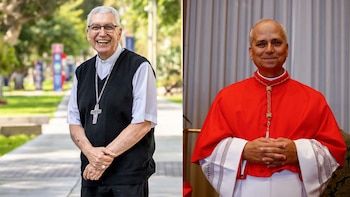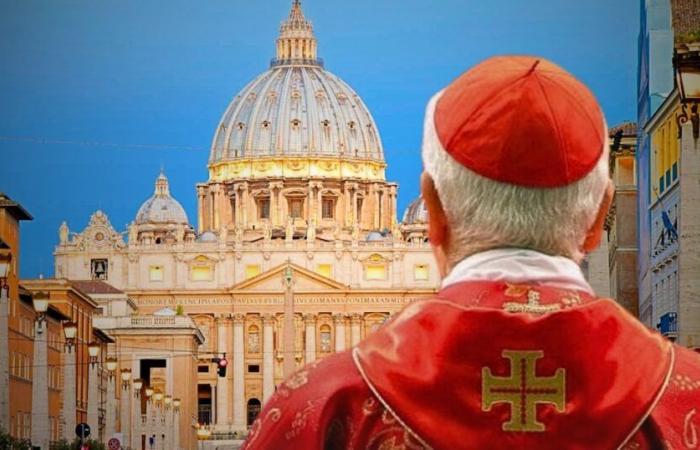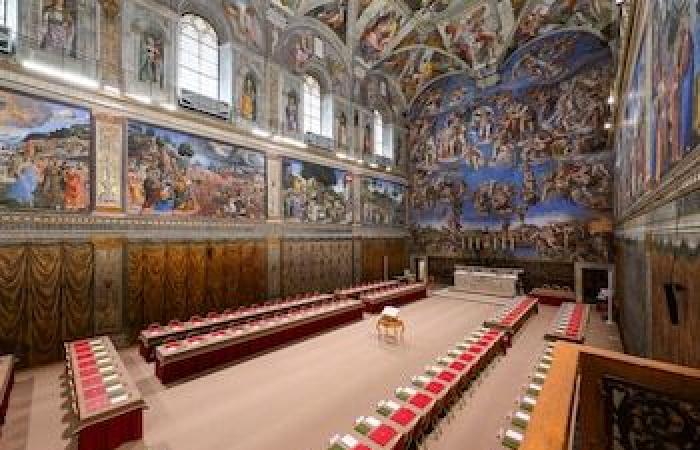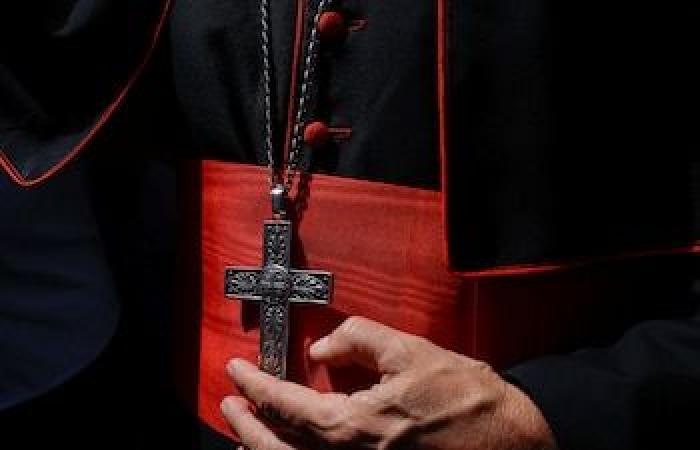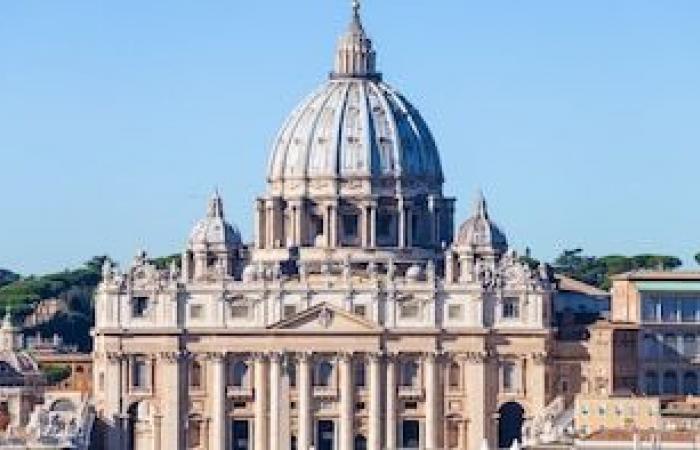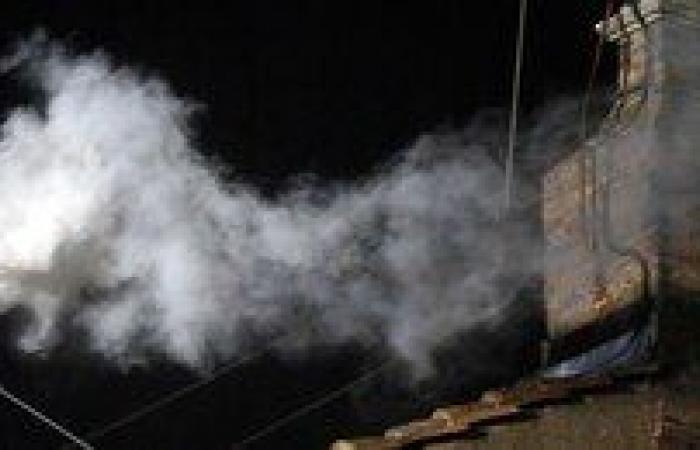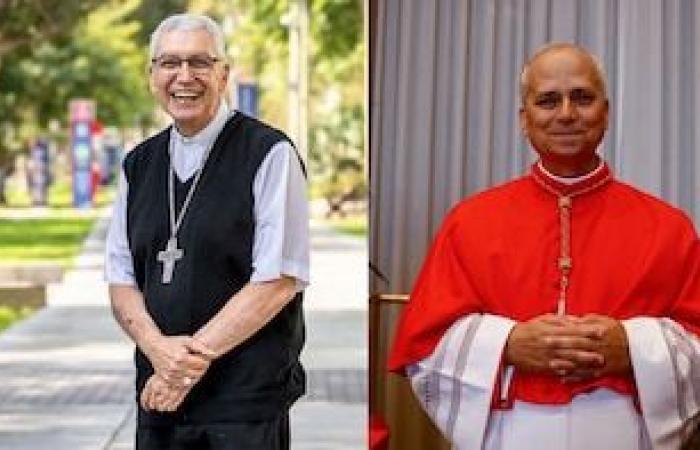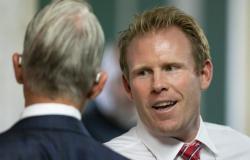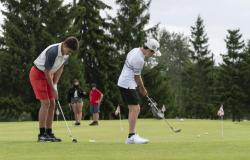After the death of Pope Francis on April 21, the attention of the world is directed once again to the Vatican, where the 2025 conclave will take place, a reserved and solemn process in which the New leader of the Catholic Church. It will be 133 cardinals under 80 who enter the Sistine Chapel from Wednesday May 7to vote in strict secret until reaching a two -thirds majority that consecrates the new pontiff.
In a country like Peru, of a Catholic majority and with a deep spiritual connection with Rome, This event generates great interest. Even more so when among the cardinals there are figures close to the country, such as the archbishop of Lima, Carlos Castillo, and cardinal Robert Prevost, who was a bishop of Chiclayo and has Peruvian nationality. Next, we tell you how to follow this historic choice from home and solve some of the most sought after questions by the faithful Peruvians.
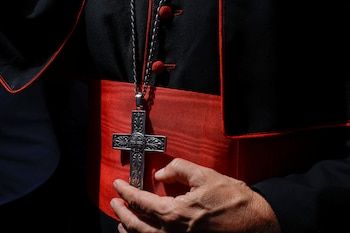
The choice of the new Pope generates expectation throughout the world, and the faithful in Peru will be able to follow the development of the 2025 conclave Thanks to several official and International platforms that have announced live broadcasts. This event will be transmitted from the Vatican with free access and in Spanish, facilitating the monitoring of the process in real time.
- Vatican news: The official transmission will be through vaticannews.va and its YouTube channel. Both offer coverage in Spanish and at no cost.
- EWTN (Eternal Word Television Network): International Catholic chain with special programming on the conclave. Available in cable and streaming television signal on your website and YouTube channel.
- International media: Chains like CNN in Spanish, RTVE (Spain) and Telemundo (United States) have announced special transmissions for Latin America, with real -time analysis and updates.
In addition, in Infobae Peru we will have all the details about one of the most important secret elections in the Catholic world.
Also, Peruvian channels such as América News, Channel N and Latin TV will broadcast live the incidents of this important meeting from the Vatican.
-On Wednesday, May 7, the traditional Mass will be held For choosing a pontiff in the San Pedro Basilica at 10:00 am Rome timethat is, to the 3:00 am in Peru. This liturgical act marks the formal beginning of the Conclave And he will be chaired by Cardinal Dean Giovanni Battista Re, as the protocol sends when there is no in functions.

That same day, in the afternoon of Rome (approximately 9:30 am in Peru), the cardinals will move to the Sistine chapel to make an oath of absolute secret and begin voting. From the second day up to four daily votes will be held – two in the morning and two in the afternoon – until consensus is achieved.
The most anticipated visual signal is the smoked blankthe smoke indicating that an agreement has been reached and that the new Pope was already elected. This signal will be issued from a fireplace installed on the Sistine Chapel and is visible to the faithful gathered in the Plaza de San Pedro, as well as for those who follow international coverage.
Once the new authority is chosen, the chosen one is invited to accept the position and choose a new name. Minutes later, Cardinal Protodiácono will look out to the main balcony of the basilica to announce the world: “We have a pope”At that time, the new Pontiff will appear for the first time dressed in white to impart the blessing City and the World.
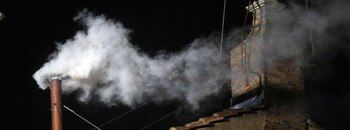
Among the cardinals are two with Peruvian nationality: The Archbishop of Lima, Carlos Castillo Mattasoglioand the cardinal Robert Francis Prevostwho was bishop of the Diocese of Chiclayo between 2004 and 2014. Although born in the United States, Prevost acquired Peruvian DNI after decades of missionary and pastoral work in the country. It is currently a prefect of the dicas supplies for bishops and an influential figure in the Roman curia.
The participation of both cardinals with Peruvian nationality underlines the presence of the country at this key moment for the Church. Although the process is carried out in total reservation, its inclusion in the group of voters reflects the commitment and trajectory of figures with close pastoral bond with Peru.
